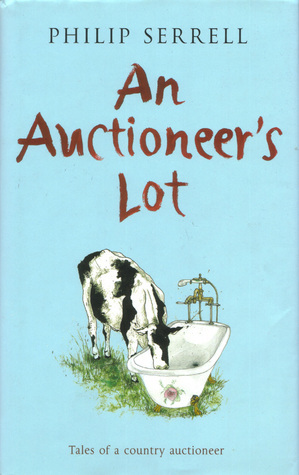
The Diary of a Bookseller
Book Description
Amidst the towering shelves of an eccentric Scottish bookstore, the pulse of daily life hums with eccentric customers and their quirks. Shaun Bythell captures the chaos and charm of running a secondhand bookshop, where each diary entry reveals the hilarity of human interactions and the relentless struggle against online retail giants. With every turn of the page, laughter mingles with moments of frustration, forming a vivid tapestry of literary passion and community spirit. As the world outside changes rapidly, how long can one small bookstore hold its ground against the tide of modernity?
Quick Book Summary
"The Diary of a Bookseller" by Shaun Bythell is a witty and candid memoir chronicling a year in the life of a secondhand bookshop owner in Wigtown, Scotland. Through daily diary entries, Bythell offers readers an amusing and at times poignant glimpse into the trials and treasures found within the walls of his shop. He deftly captures the quirks and characters of his eccentric clientele and staff, recounts comedic mishaps with online bookselling giants like Amazon, and explores the persistent challenges faced by independent bookstores. Woven through is a genuine reverence for books—both as physical objects and as portals to community and connection. Against a background of cultural and economic change, Bythell reflects on the resilience required to sustain a bookselling enterprise, offering a loving, funny, and sometimes exasperated tribute to the world of books.
Summary of Key Ideas
Table of Contents
Life Behind the Counter: Daily Realities of a Bookseller
Shaun Bythell opens his memoir with a warm yet unvarnished look at his ownership of The Bookshop in Wigtown. The diary format provides a window into the repetitive yet unpredictable rhythm of bookselling: unpacking boxes, fielding oddball requests, and managing both the idiosyncratic staff and the overflowing stacks. Bythell’s sarcasm and dry humor color even the mundane, as he paints a picture of a passion-fueled business perpetually beset by the unexpected—from freezing Scottish weather to power outages to customers haggling over pennies.
Eccentric Customers and Community Connections
Through Bythell’s eyes, the bookstore becomes a social hub populated with an astonishing array of characters. Regular patrons, eccentric locals, and transient tourists all make appearances, each more unique than the last. He captures moments of human connection—sometimes gentle, often hilarious, occasionally strained. The spirited camaraderie with his staff, particularly the infamous Nicky, adds to the sense of an ongoing quirky community theater, where each encounter offers new material for observations about human nature.
Battling the Modern Retail Landscape
Bythell starkly contrasts the soul of a local shop with the impersonal dominance of online retail. The daily struggle to compete with Amazon is a recurring theme, highlighted by stories of customers using the shop for advice then buying cheaper online. He delves into the economic pressures facing independent booksellers and details the ways Amazon’s business model erodes the sustainability of small stores. Yet, amid frustration, he advocates the irreplaceable value of browsing shelves and discovering hidden literary gems.
Finding Humor in Frustration
Laughter and exasperation are constant companions in Bythell’s narrative. His diary entries are spiked with dry wit as he recounts surreal conversations and absurd requests, from customers critiquing his pricing to staff mishaps. His ability to find comedy in malfunctioning technology, stubborn customers, and the day-to-day grind is what lifts the book’s tone, turning potentially dreary moments into memorable anecdotes.
The Enduring Love of Books
Throughout, Bythell’s love for books remains the thread binding the chaos together. The tactile pleasure of handling rare volumes, the joy of surprise finds, and the sense of fostering a shared literary haven power his resolve. He reflects on the role of independent bookstores as cultural sanctuaries—even in the face of relentless economic difficulties. The memoir ultimately celebrates not just survival, but the enduring magic found on creaky, crowded shelves and in the community that emerges around them.
Download This Summary
Get a free PDF of this summary instantly — no email required.





